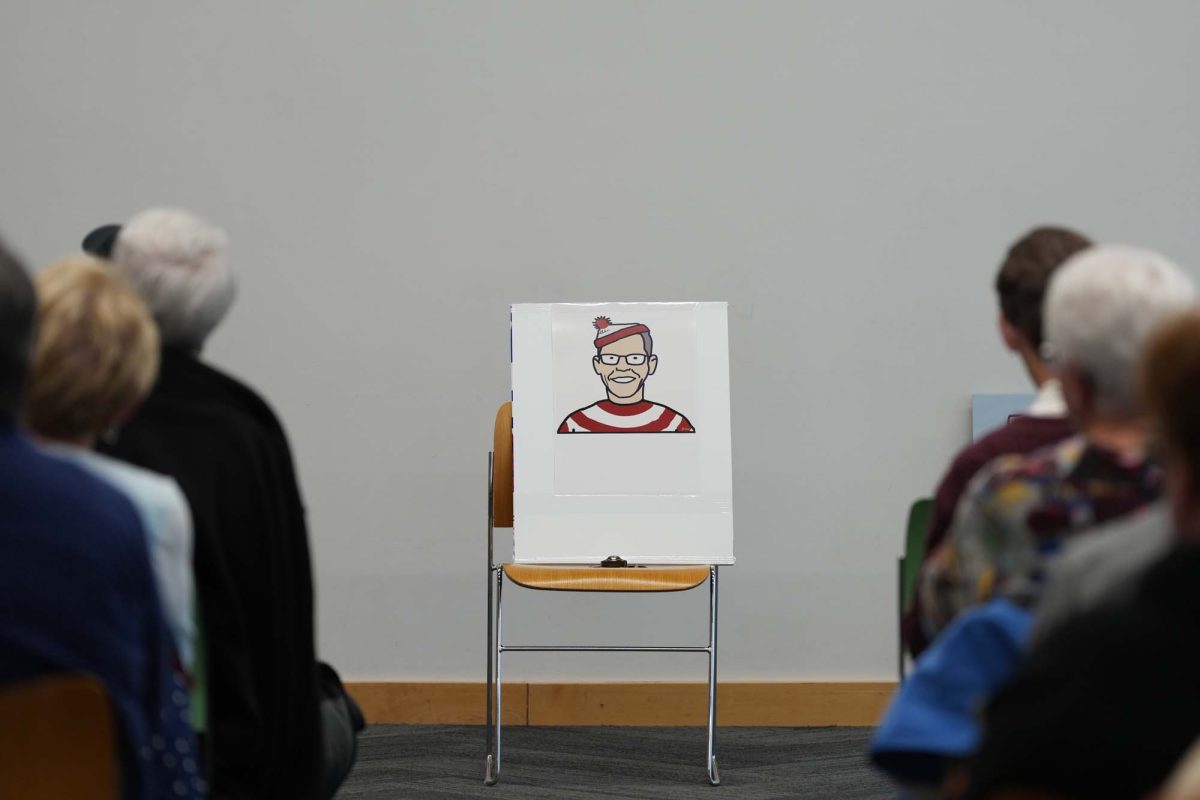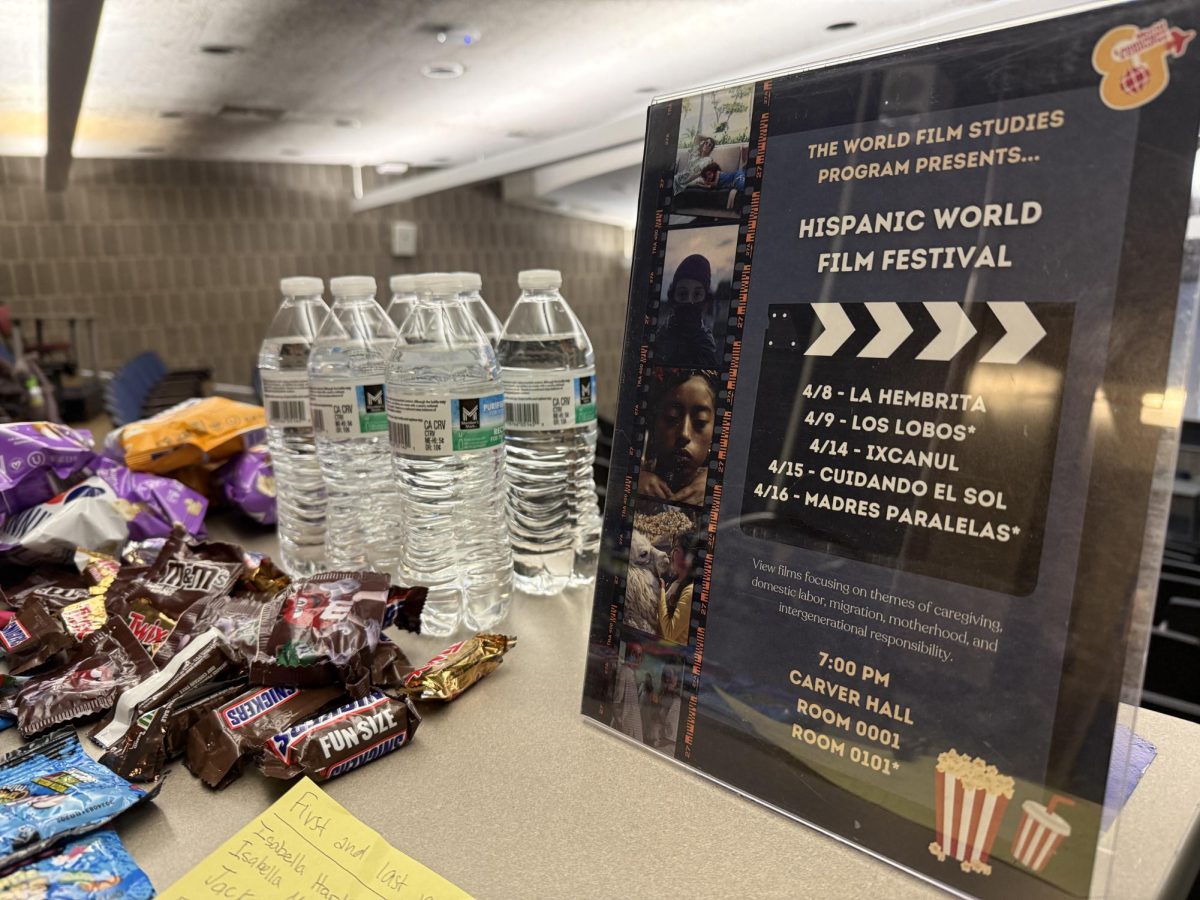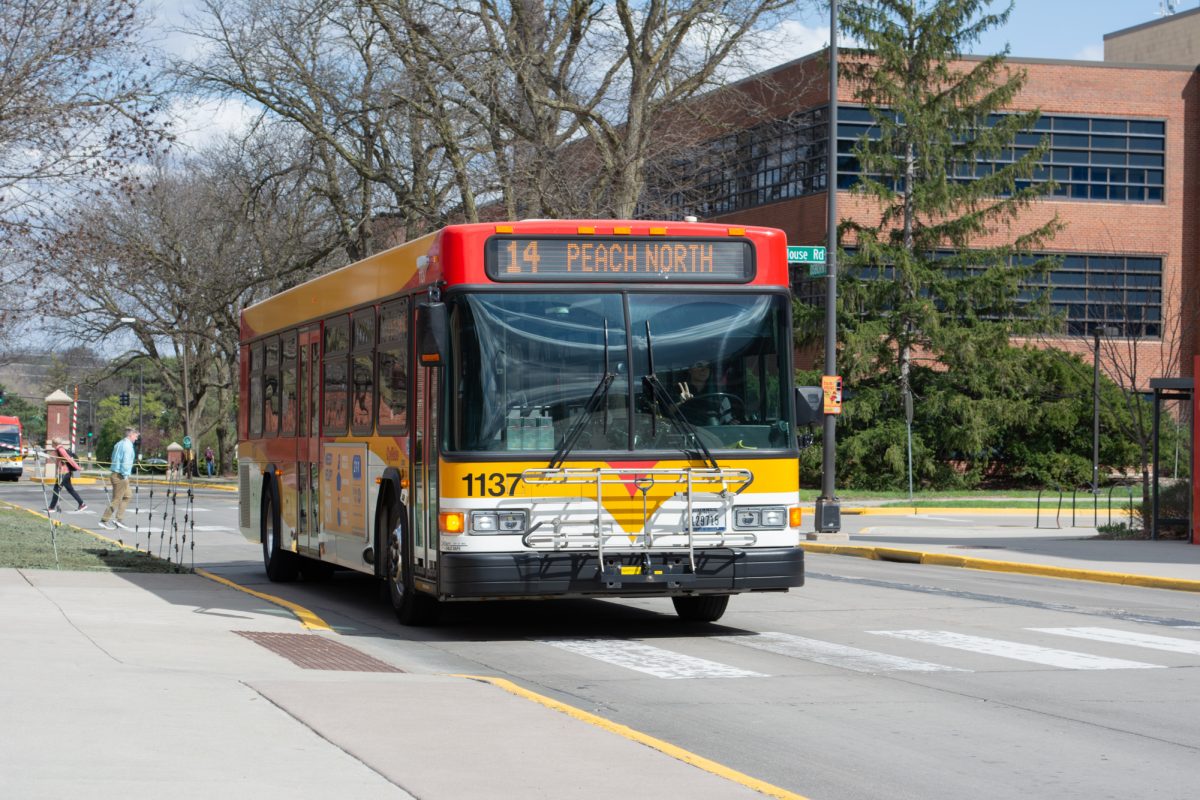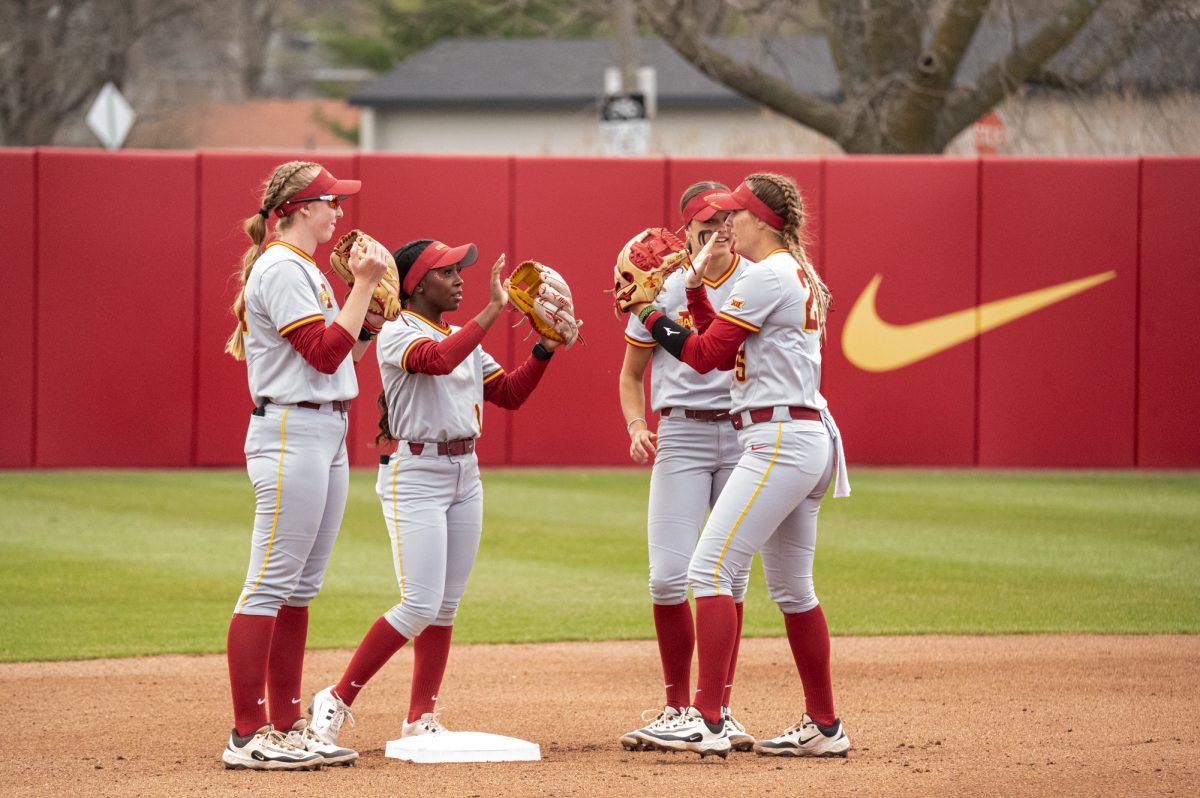Asian economic crisis hits enrollment
February 9, 1999
The Asian economic crisis continues to pose financial problems for international students, causing decreased enrollment and threatening Iowa State’s international diversity.
For the past 14 months, the values of currency in Indonesia, Malaysia, Korea and Thailand have dropped.
Deborah Vance, program coordinator for the Office of International Students and Scholars, said Indonesian currency, which was hit the worst, has lost 70 percent of its value.
“I’d liken it to if someone went into your bank account and grabs 70 percent and told you to live on the remainder; that’s what’s happened to these students,” she said.
Vance said paying tuition poses the largest problem for students whose home countries are in economic crisis.
According to the fall 1997 and 1998 ISU Fact Books, Indonesian student enrollment is down 24 from 252 in 1997; Malaysian student enrollment is down 71 from 278 in 1997; South Korean student enrollment is down 38 from 303 in 1997; and Thai student enrollment is down 12 from 39 in 1997.
Vance said there are usually about 2,500 total international students enrolled each year, but only 2,345 were enrolled at ISU fall of 1998.
Though international students pay out-of-state tuition rates, they are not eligible for student aid.
“They need to come up with their own money, and when their own money isn’t worth as much, you start to see the problem,” she said.
Vance said many students from countries in crisis hold on-campus jobs, but immigration laws permit them to work only 20 hours a week.
Vance said some international students also organize accelerated programs so they can graduate faster or plan with the Accounts Receivable Office to defer their payments.
“The university doesn’t expect students to pay all their [fees] up-front,” she said.
Yong Chin Pak, instructor in the Department of Health and Human Performance and a native Korean, said he believes the crisis in Korea is starting to recover.
“[In the] beginning first six months, quite a few students returned back to Korea,” he said. “Now, they are slowly returning back to America.”
Vance said the crisis could have a long-term effect on the international diversity of ISU.
“We are going to be seeing the fallout from this for several more years,” she said. “We used to get over 50 percent of our [international] students from Asia, and we may not see such a large concentration of students from that area ever again.”
Vance said other countries have had similar problems in the past.
“The potential exists for [economic crisis] to happen in any country,” she said. “It’s difficult for one to crash without having the ripple effect.”
Vance said Brazil and Russia also have both had economic trouble in the past.
“Even though the currency may recover, the effect on the family at home takes much longer,” she said.
On the positive side, Pak said the crisis has given international students more motivation to work hard academically.
“Students work very hard because they are economically very tight, so they study a lot better than last time,” he said.






